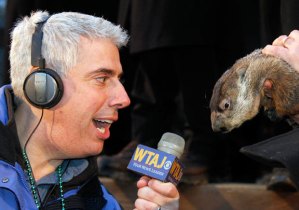My New Book
It’s been almost exactly one year since my last blog post. As I write today, Boston remembers the terrible marathon bombing that occurred at that time. Meanwhile, I have just recently self-published a book of 63 poems titled “The Act of Free Falling.”
The poems fall into four sections: the first about animals, the second about nature and the seasons, the third are humorous, and the fourth are my thoughts as a nonagenarian.
The book is available for purchase through Amazon.com, for nine dollars.
Since Spring has finally arrived, here is a relevant poem from my new book:
Crocuses
A salvo of purple bursts
barely above ground;
bright goblets drinking in
the newly warming sun,
preceded by striped grass-like leaves
having found their way
through matted, dried-up patches
in tiny urban front yards.
Closely examined, each flower reveals
a small stigma yielding in some varieties
saffron, that most expensive
of all gourmet flavoring.
At a time when evenings
welcome more daylight,
I am greeted by these heralds of spring
who exclaim in no uncertain terms:
it’s so close you can almost taste it.









